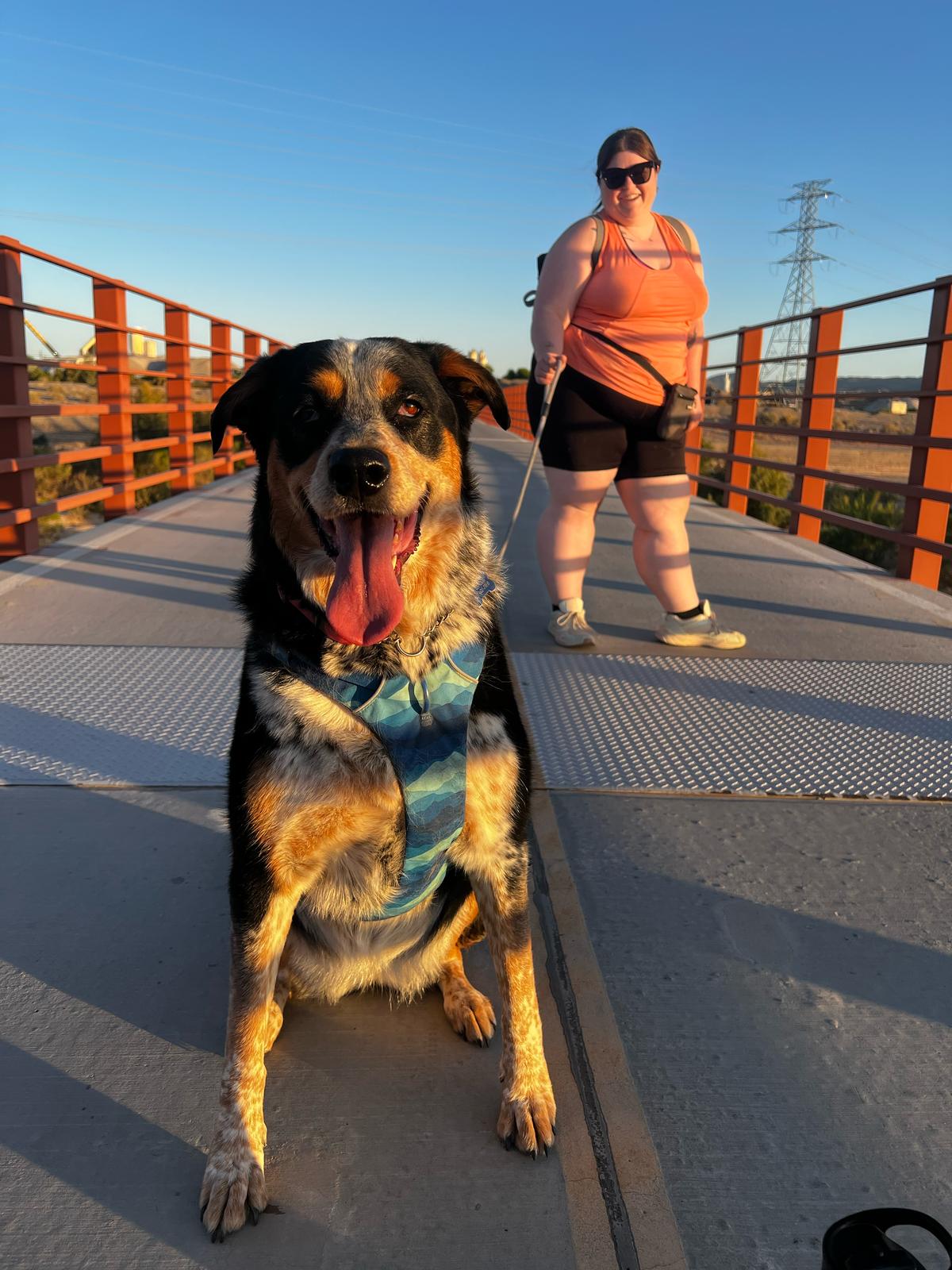
The Private Virtual Dog Training Program
Goodbye self-doubt and information overload, hello peace of mind
Do you want…
- A customized dog training plan?
- To be able to text a dog trainer any time you have a question?
- To be able to send us video of you working with your dog, so we can give you some friendly feedback and help you improve your skills?
The private coaching program might be right for you!
We’ll be there to guide you every step of the way and show you exactly what to do with YOUR unique dog, and make things work for your life and family.
Imagine:
- Knowing exactly what to do and when.
- Being able to send us clips of your dog’s behavior, and getting an answer on whether it’s normal or not.
- Not having the nagging voice in the back of your head asking “am I ACTUALLY doing this right, or am I going to ruin my new dog forever?”
- Having the encouragement and support of someone who’s been there, who gets it, and who will never judge you for having moments of wishing your demon puppy would just disappear.
With us on your training team, you can stress less and just focus on enjoying life with your dog.
Check out our coaching programs
When you start your coaching journey with us, you’ll sign up for one of the following programs:
THE PUPPY PROGRAM
Navigate puppyhood with confidence
Program length: Two months
Cost: $700 USD
THE RESCUE DOG PROGRAM
Help your newly-adopted dog adjust and thrive
Program length: Two months
Cost: $700 USD
FOCUS, FIDO!
Get your dog to chill out, focus, and do what you say
Program length: Two months
Cost: $700 USD
THE BEHAVIOR MODIFICATION PROGRAM
Address fear, aggression, and other complex behavior issues
Program length: Three months
Cost: $1200 USD
Each coaching program includes:
- A 90-minute initial onboarding with Jake via Zoom.
- Unlimited 30-minute followup coaching sessions.
- A customized, actionable training plan.
- The ability to submit your training footage and/or footage of your dog's behavior to get our insight and gain a clearer understanding of what's going on.
- The ability to text your trainers with questions in between coaching sessions.
Sorry, we're not currently accepting applications for new private coaching clients
Academy membership is open for enrollment, though! Depending on your training goals, we may be able to help you out there. Click here to check it out.

